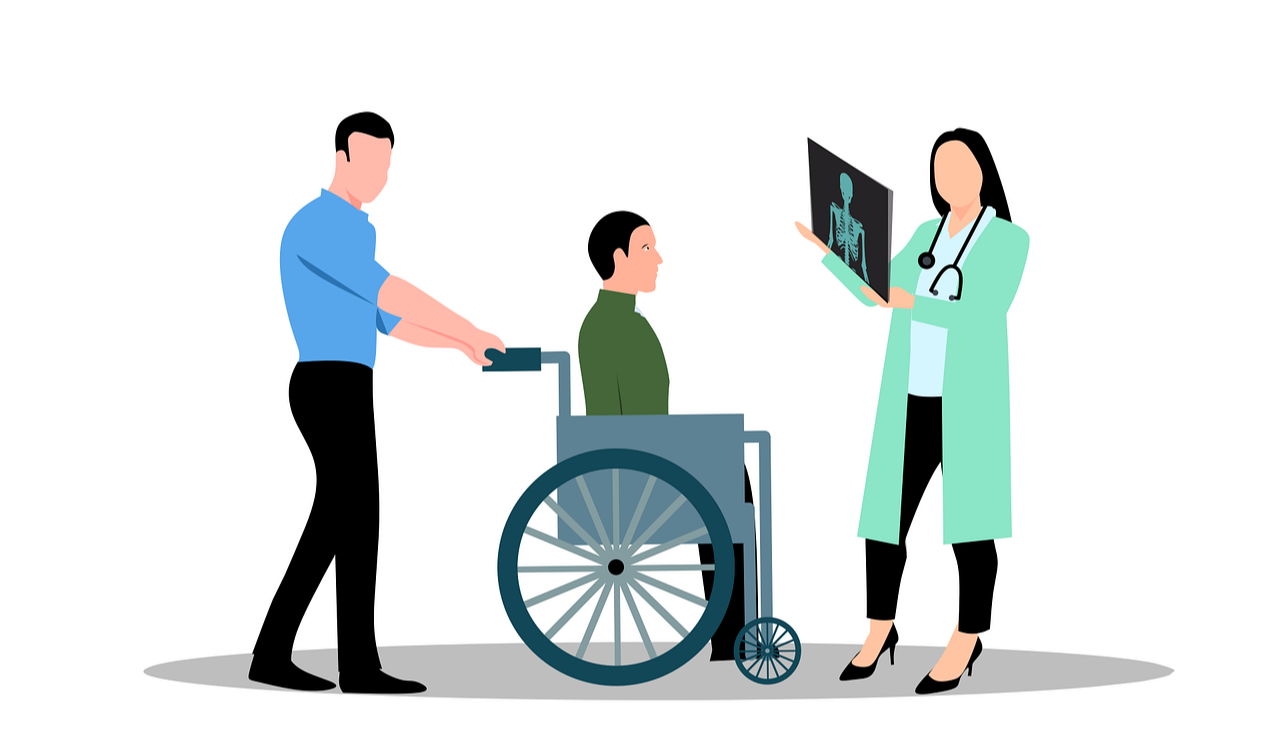Where are all the Other Neurodivergent Parents?
There are so many wonderful things about being a parent. There is nothing better than being able to watch your children grow and change, discover...

If you have had a conversation with me in the last year or so, odds are I have brought up neurodivergence. (Cue the eye rolling and the groans from my friends and family.) I have been really diving into the neurodivergence world since I started to identify my own neurodivergent traits, and since then you could say that neurodivergence broadly and autism in adult women specifically have become my latest special interests.
Even when I'm not purposefully focusing on neurodivergence and adult autism, it's almost as if there's constantly a software up and running in the background as I'm doing my day to day processes. As I'm prepping for my teaching, I find myself wondering about the topics I'm teaching about in relation to autism. For example, in talking with my students just this week about the psychological processes and explanations for love and intimacy, I couldn't help but throw in some little nuggets I have been learning about the unique ways that autistic people tend to show love. I can absolutely rationalize why these little nuggets of information are educational and important for my students.
This experience of having a one-track-mind is something that is extremely common among folks who are neurodivergent. In the autism world we call it a special interest. In attention deficit/hyperactivity disorder (ADHD) and anxiety disorders we see it as hyperfocus or a hyperfixation. In obsessive-compulsive disorder (OCD) it might be an obsession. When talking about intelligence and creativity, we might think about it as flow.
When I'm stuck on something that is deeply interesting and important to me, that doesn't mean that it's important or interesting to anyone else. That has definitely caused some friction in some of my relationships. I get the feeling sometimes that I bring up neurodivergence too much in conversations with my friends and family, and thankfully I have incredibly loving and patient people around me who would never want to hurt my feelings with their lack of interest, but like a typical autistic woman, I'm still very good at seeing little glimmers of...something. Disappointment? Frustration? It takes a lot of mental work to put my stuff aside, even though it's absolutely worth it and I do it out of love.
I have also seen it cause problems in terms of my time management. I can spend literal hours on one of my fixations. For example, there have been days where I have spent well over 7 hours working on my art, and I often find myself thinking about and researching topics of interest instead of working on the pile of work needing to be done within a certain timeframe. You might find yourself thinking of times when you have avoided doing unpleasant things for the sake of doing more pleasant ones, and while that might have to do with a special interest, the experience I am describing is above and beyond that. It's not procrastination. My brain will become so fixated on something that there are times when it feels impossible to allow myself to even break away to do pleasant things - even important things like eating sometimes get pushed aside. In the end, my brain usually ends up feeling some pride and relief of getting that fixation out, but very quickly I notice that I become dysregulated due to hunger or thirst or general stress from an overindulgence in my time.
Naturally there are consequences to these intense periods of special interest. I lose out in some ways. My husband loses out. My children lose out.
I have found my special interest in neurodivergence to be exceptionally helpful in my role as a counselor. I'm able to help frame things in a way that brings clarity to some of my clients. I'm able to empathize with them in ways that a neurotypical therapist might not be able to. And my favorite benefit is that it allows me to connect with other neurodivergent people (and them to me) in ways that make me feel incredibly fulfilled.
When having a special interest that my mind is fixated on, the pressure to talk about it can feel anywhere from exciting to downright uncomfortable. I think that experience is universal for us neurodivergent folks. So when I ask my neurodivergent clients what they are into and invite them to share their special interest with me, it's such a beautiful moment to watch people come alive in a way they don't otherwise. It builds feelings of safety - their special interests aren't just welcome here, but they are valued ! Special interests provide a place within which we can make meaningful change and build metaphors that benefit us in other valuable ways.
I genuinely feel that this part of me - the neurodivergent, autistic, one-track-mind, fixated part of me - is part of what makes me an effective counselor for the clients I work with.
By the way, because my brain is insisting that you're dying to know, here's a list of some of my special interests (both current and past):
I'd love to know your special interest, so feel free to share!

There are so many wonderful things about being a parent. There is nothing better than being able to watch your children grow and change, discover...

This blog is a companion blog to "Doctor Visits for Neurodivergent Folks," wherein I discuss specific ways that neurodivergent people can best...

I'm here to propose what I believe to be the Neurodivergent Song of the Summer for 2023, and I'd love to get you on board. If you aren't familiar...